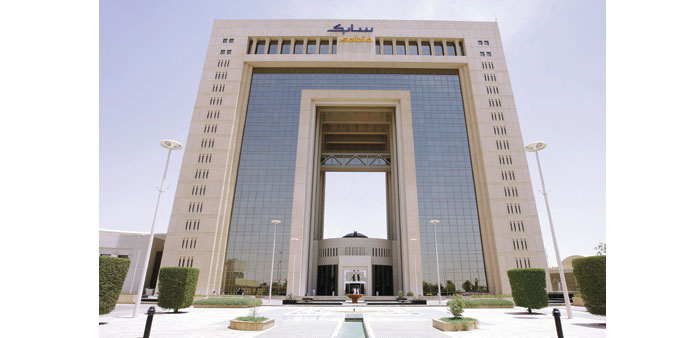Saudi Basic Industries Corp (Sabic), one of the world’s largest petrochemicals groups, reported declining profits for a fifth straight quarter yesterday, although cost cutting helped its earnings beat analyst estimates.
Saudi Arabia’s petrochemical companies benefit from subsidised gas feedstock prices, giving them an advantage over rival manufacturers from non-oil producing countries.
Petrochemical prices are closely linked to those of oil so the slump in crude prices has reduced Saudi producers’ margins.
Sabic’s third-quarter profit fell 9.4% to 5.6bn riyals ($1.5bn), although six analysts polled by Reuters had on average forecast the firm’s profit would be 4.7bn riyals.
Sabic, 70% state-owned, cut costs by an average of 22% in the first nine months of 2015 through improved efficiency, acting chief executive Yousef Abdullah al-Benyan told a news conference in Riyadh.
This helped mitigate the impact of a 22% fall in third-quarter sales to 37.3bn riyals from 48.7bn riyals a year earlier, al-Benyan said.
He did not provide further details on how SABIC reduced costs, but described Sabic’s earnings as “very positive given global economic conditions”.
The company’s products — plastics, fertilisers and metals — are used in construction, agriculture, industry and the manufacturing of consumer goods, so its performance is tied to world economic growth.
Sabic is considering petrochemical joint ventures in China and the US and could make announcements to that effect in the first quarter of 2016, Benyan said in a separate interview with Reuters.
Broadly, Sabic will focus on its core products, such as chemicals and polymers, Benyan said.
Earlier this month, Sabic revealed it would reorganise its Innovative Plastics unit.
“We continuously assess our business and organisational structure,” said al-Benyan. “Our goal is to really grow while at the same time we want to be efficient. This has led to some restructuring, some realignment of our business units.”
Saudi petrochemical stocks have weakened on fears the government could reduce gas subsidies to help ease pressures on state finances. Saudi is facing a record budget deficit following the oil price drop.
Al-Benyan said Sabic could deal with any cuts to subsidies or changes to gas feedstock prices.
It has no plans to issue bonds or raise other debt before the end of 2015, he added.

